(ECNS)-- Since taking office, the Biden administration has gone all out to promote the Indo-Pacific Strategy, trying to draw in regional countries to contain China. But why is the strategy more of a threat to the peaceful development of the Asia-Pacific region? How does the Republic of the Philippines and other Southeast Asian countries view this strategy? In the face of American containment, how should China respond?
In the latest W.E. Talk, Hu Bo, director of the South China Sea Strategic Situation Probing Initiative, Research Professor of the School of International Studies at Peking University and Lucio Blanco Pitlo III, research fellow at the Asia-Pacific Pathways to Progress Foundation, Member of the Board of Directors of the Philippine Association for Chinese Studies were invited to discuss on the above topics.
Hu Bo pointed out that the U.S. has viewed the Asia-Pacific region as the most important theater of operations, and it has deployed more than 60% of U.S. air and marine military platforms in this region. He emphasized that although the United States is trying to piece together an anti-China alliance in Asia, Southeast Asian countries are generally reluctant to take a side. Facing the complicated situation, China has the confidence and ability to face the challenge.
Lucio Blanco Pitlo III said that ASEAN members are concerned that competition of great powers may force them to choose sides, so they hope to de-escalate the situation through dialogue.
Here are excerpts of the dialogue.
China News Service: The U.S. has previously proposed the Indo-Pacific Economic Framework. Is this framework intended to counter China?
Hu Bo: The U.S has an alliance system such as the Quadrilateral Security Dialogue (QSD), a strategic security dialogue between Australia, India, Japan, and itself to counter China in terms of security. Economically, there is the so-called "Indo-Pacific Economic Framework". However, most countries in this region are having stronger economic ties with China and weakening ones with the U.S.
China is their largest economic partner and the United States is the largest arms dealer, and the two have different comparative advantages. The U.S. leverages on its military capability and alliance system, while China has strong ability in economic development and radiation. In the short term, the U.S. cannot change this state, nor will it invest or increase much resources and funds in the Indo-Pacific region. That's why the Indo-Pacific Economic Framework has limited appeal. For countries such as the Philippines and Indonesia, China is still the first choice in terms of economic cooperation.
Lucio Blanco Pitlo III: China plays a very important role in the economies of its neighboring countries and the world. China is a big neighbor for many countries in the region and an important economic partner. So, this could put some challenges to the U.S. Indo-Pacific strategy.
China's Belt and Road Initiative shows the way of being a trailblazer. We heard about the "Health Silk Road" which played a very important role during the pandemic to provide medical supplies and vaccines to countries. And the "Digital Silk Road", very important, as countries in the region, especially in Southeast Asia, tries to capitalize on the huge middle class, their young demography, to harness the potential for e-commerce and mobile commerce.
The U.S. has long adapted to counter China by launching its own initiatives, like the Trans-Pacific Partnership. The IPEF is just another of this effort and it remains to be seen how far it would fare in terms of success.
China News Service: Why did the U.S. add Taiwan Question into the Indo-Pacific Strategy?
Hu Bo: As we can see in the Indo-Pacific Strategy, the United States has clearly put Taiwan Question as one of its pivots. Therefore, what the U.S. has done has turned Taiwan Question from a regional one to an international one.
It will not only aggravate the tension between the two major powers, but bring great trouble to other countries in the region. Taiwan is part of China. It's not an international affair and doesn't involve any third party. Except for the U.S. and Japan, other countries basically believe that the Taiwan Question has little to do with them.
The U.S. policy has indeed undergone great changes in recent years, especially the Indo-Pacific Strategy, which threatens China's core interests. With the military, diplomatic and political operations of the U.S., the situation in the Taiwan Strait is becoming tenser and tenser. When the U.S. stuffed the Taiwan Question into the Indo-Pacific Strategy, it is very detrimental to regional peace and stability, and it is something that regional countries should be very vigilant about.
China News Service: What is the impact of the U.S. Indo-Pacific strategy on the situation in the South China Sea?
Hu Bo: The Indo-Pacific strategy has two main impacts on the South China Sea. The first is military impact. When the U.S is promoting this strategy, it is reinforcing its military presence in the South China Sea. It has also continuously strengthened the frequency, intensity and pertinence of military operations against China.
Moreover, the U.S. is very willing to politicize and hype these military operations. And the activities of its aircraft carrier strike groups are also very bold and blatant. Therefore, this will certainly push up the tension in the South China Sea. Militarily, it would also increase the risk of military conflicts with China.
Politically, we can see that the South China Sea and Southeast Asia happen to be in the center of the area that the Indo-Pacific Strategy covers. Without the support of Southeast Asian countries, the Strategy is likely to be less effective. In this case, the design of the Indo-Pacific Strategy requires the Southeast Asian countries to choose sides.
Most Southeast Asian countries are reluctant to choose sides, but the U.S. will do everything in its power to push them to do so. This will tear the whole of Southeast Asia apart or draw up battle lines. In fact, it is not conducive for ASEAN to play a leading role in regional cooperation.
China News Service: Regarding the Indo-Pacific Strategy, there are indeed differences in the positions of Southeast Asian countries, Japan and Australia. How do we see this situation?
Hu Bo: I think we can divide these countries into two categories. One includes Japan and Australia and the other includes the ROK and Southeast Asian countries. The latter ones have similar stands in China-U.S. rivalry and they don't want to choose sides. But Japan and Australia have already chosen a team. At least they have tied themselves with the U.S. at strategic and security levels.
There are traditional reasons for this. Japan and Australia regard the U.S. as the "Sergeant" and themselves as "Deputy Sergeants" in the region. This is one reason.
The second factor has a lot to do with their own positioning and judgment of themselves. Japan thinks it has fierce geopolitical conflicts with China, over the Diaoyu Island, the East China Sea and the South China Sea. Japan believes that China will also pose a certain threat to it.
While there are actually no geopolitical or interest conflicts between China and Australia. But Australia is overly anxious and overreacting to China’s rise. It believes that China’s rise will harm Australia’s interests. This is utterly unrealistic.
The ROK and most Southeast Asian countries have traditions of independent diplomacy. But to some extent, Japan and Australia don’t.
Lucio Blanco Pitlo III: I consider two factors, the proximity of countries to China, and also the long-standing alliance ties with the U.S. So, Japan and Australia have long-standing alliance ties with the U.S., compared to certain countries in Southeast Asia, which have a long tradition of non-alignment, like Indonesia and those that have fostered good and productive relations with China for long periods of time.
Certainly the actions, strategy and policies of great powers, the U.S., Japan, its partners in Europe have an influence in the region. trying to de-escalate the situation. ASEAN countries worry that the great power competition may force them to take sides And if they can play a role in trying to de-escalate the situation, they may foster dialogue.
China News Service: The U.S. is pushing forward the Indo-Pacific Strategy. How should Asian countries respond to the changing situation?
Lucio Blanco Pitlo III: ASEAN countries are trying to navigate their way out of this great power rivalry between the U.S. and China because they worry that they may lose their centrality, their agency and their autonomy in this great power rivalry between the U.S. and China.
So, because ASEAN countries are close to these areas, the stakes for them are high and the consequences would be severe for everyone,
Southeast Asia will be more than happy to play a role in the dialogue among great powers to come up with some kind of accommodation or an understanding to prevent conflict from taking place in the region. They should avoid taking sides and try to use their collective leverage, try to persuade these two giants to build sturdy guardrails in their bilateral relations, strengthen, deepen their crisis communication, and crisis management mechanisms.
China News Service: U.S. defense secretary Lloyd Austin said at the Shangri-La Dialogue in June that the Indo-Pacific Region is the United States' "priority theater of operations". What do you think of this statement?
Hu Bo: Since the Obama administration, or at least since 2012, the U.S. has regarded China as its biggest strategic rival. Despite the current Russia-Ukraine crisis, China is still its most "equal and looming challenge".
And now, we have basically seen that the U.S. has deployed at least 60% of its air and marine military platforms and forces in the Indo-Pacific region. Maybe even more than 70%. So now, the U.S. has already taken the Indo-Pacific region as its major theater of operations. In the past two years, on advocating the "China Threat Theory", the United States has taken various measures, including the implementation of the Whole-of-Government Approach.
China News Service: How should China deal with the containment and suppression of the United States?
Hu Bo: First, I think China has become more powerful now. So China should be confident. In addition, the U.S. set a lot of goals but may not be able to realize all. What we need are careful observation and strategic attention. But we don't need to over-scare ourselves.
Then we need to talk with allies and partners of the U.S. Now, what the U.S. is doing in the region shows its preference for closed and exclusive small cliques. So China should do the opposite. China has been pursuing freedom and openness in both security and the economy. Besides, we also advocate for the community with a shared future for mankind and the Belt and Road Initiative. So that we can show countries in the region that China's responsible.
Thirdly, I think China should address relevant disagreements with neighboring countries in a proper way. So we need to lower our expectations. Don't place our hope on solving these disputes in the short run. What is needed now is to manage these disputes with the joint efforts of China and its neighboring countries.









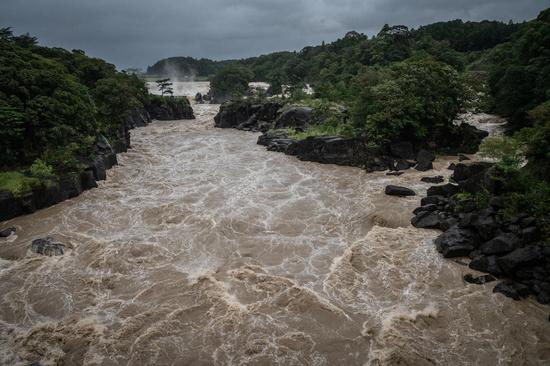

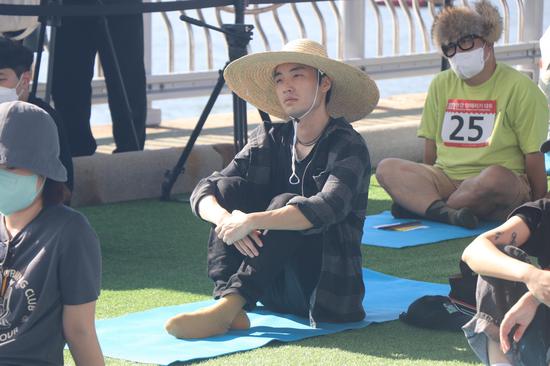
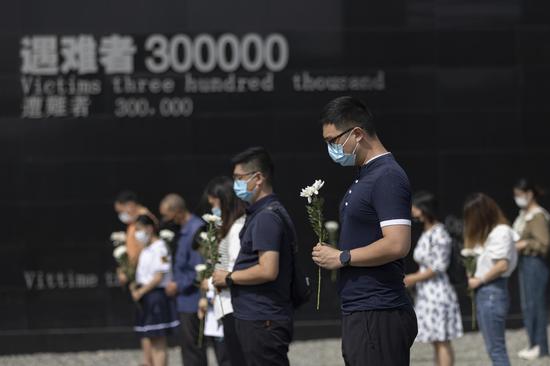
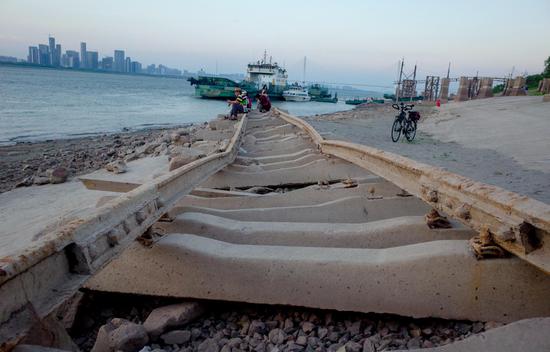
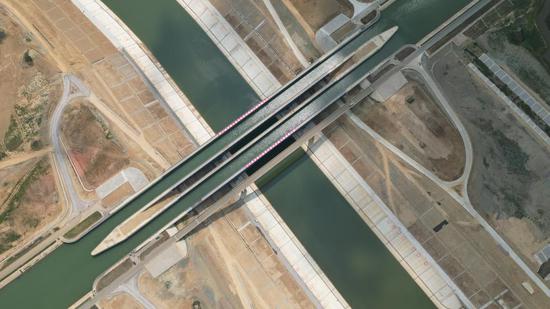
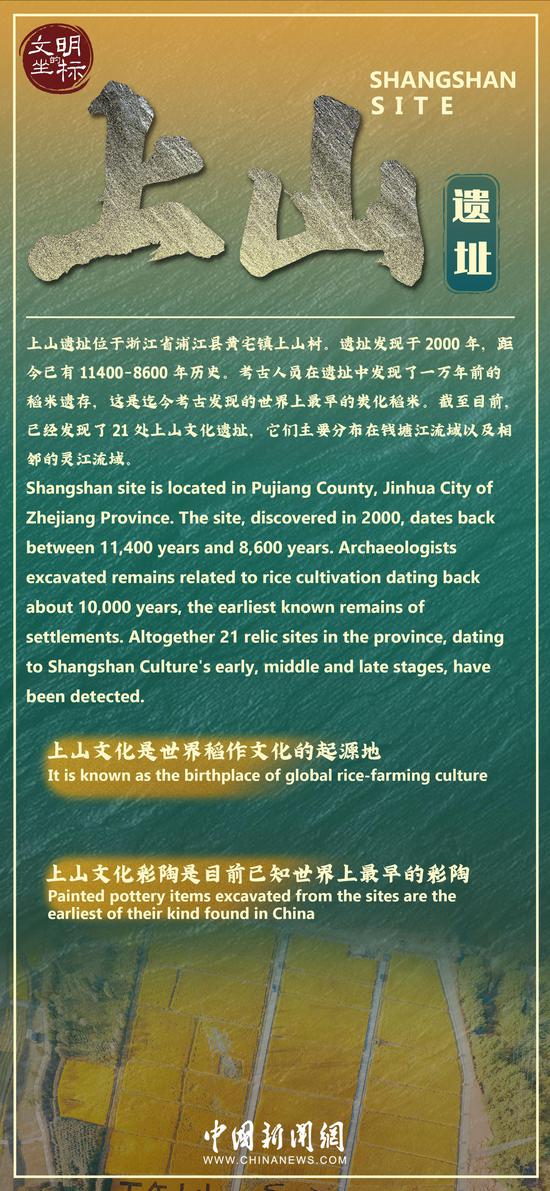
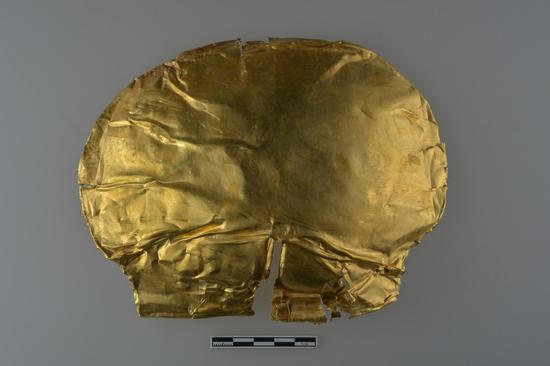
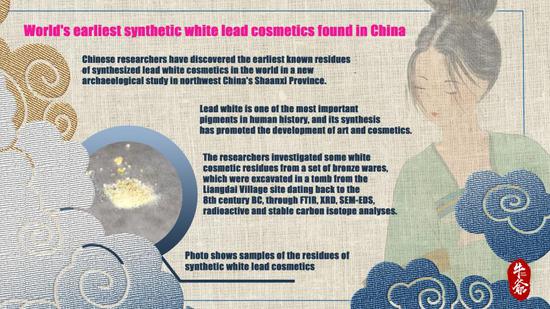

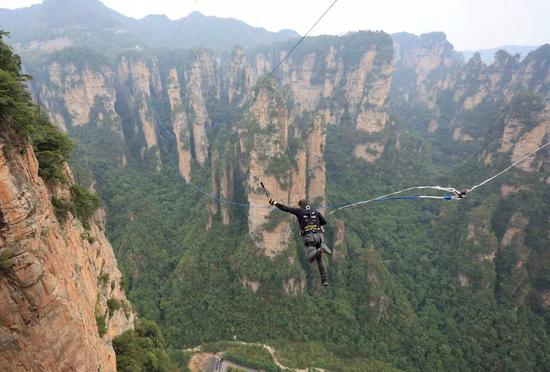

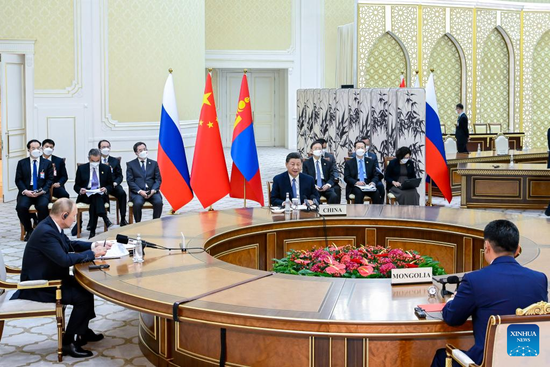
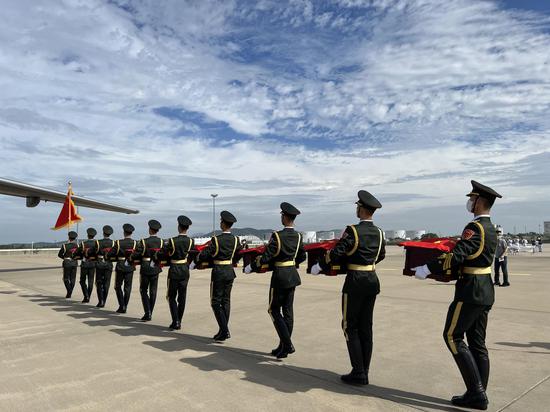
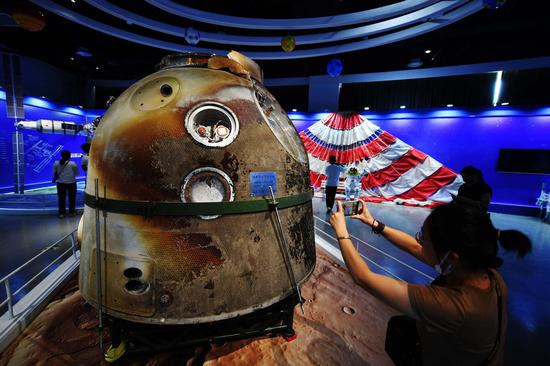


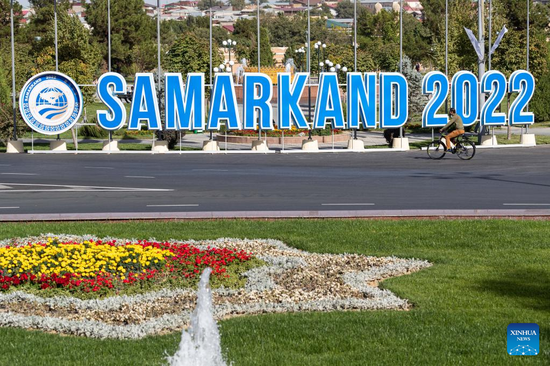
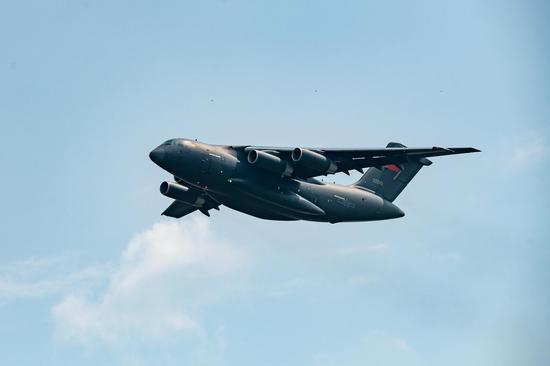
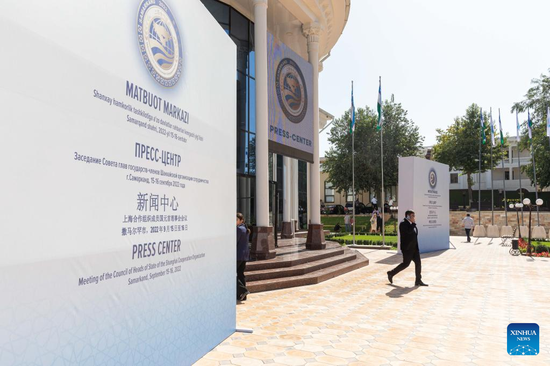
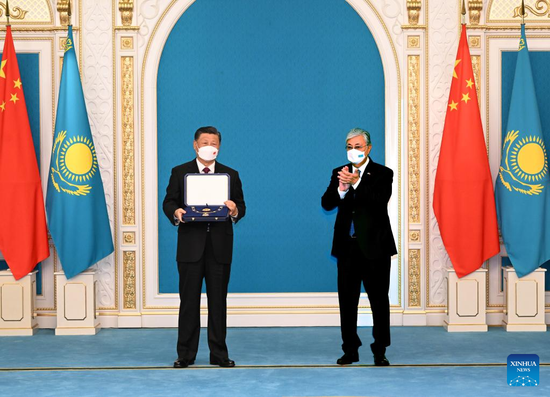
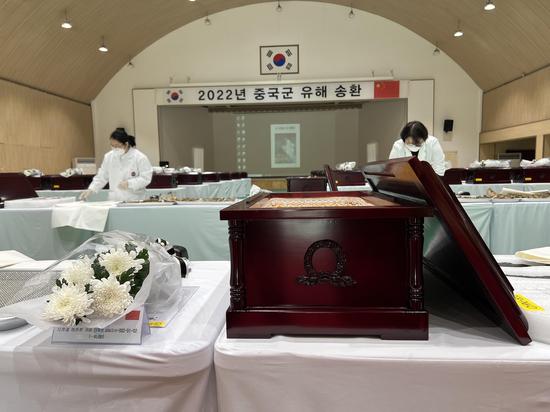
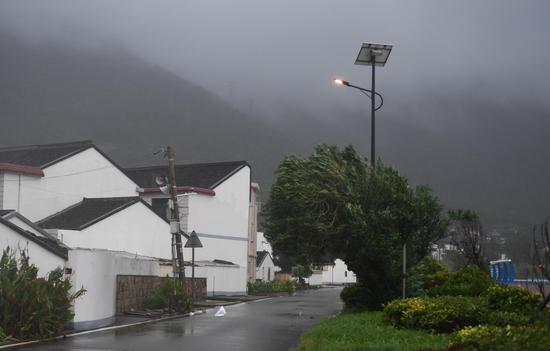
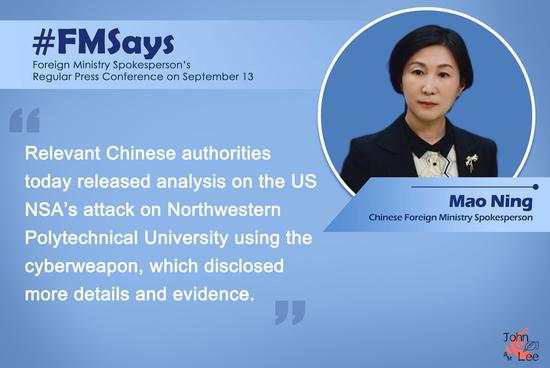

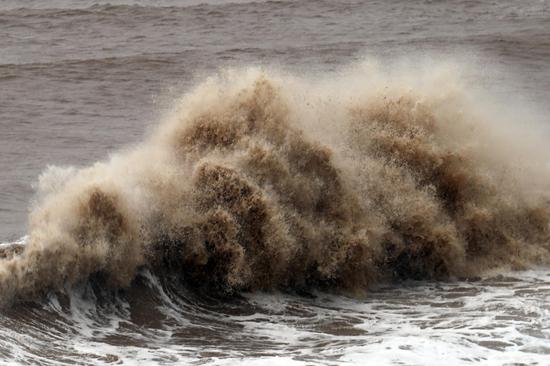

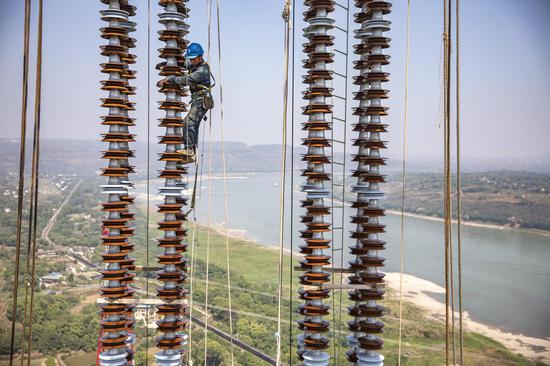



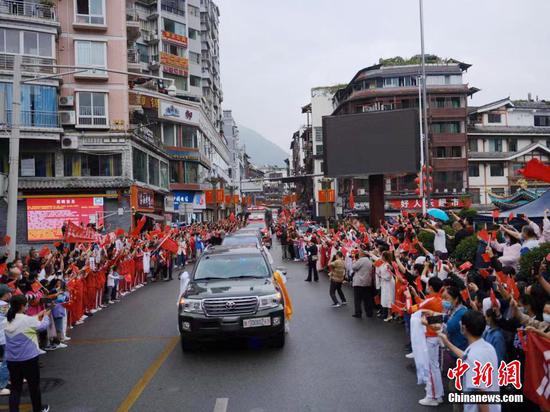
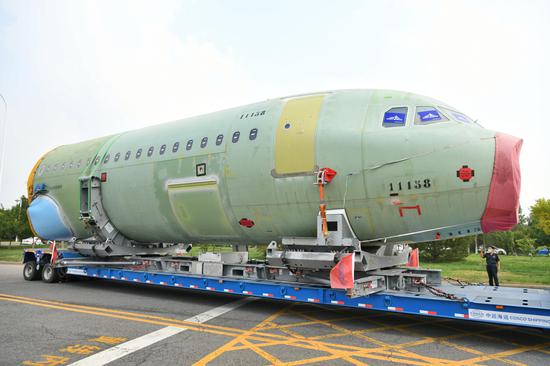
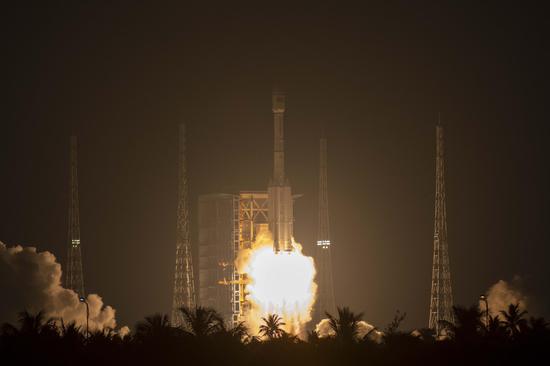
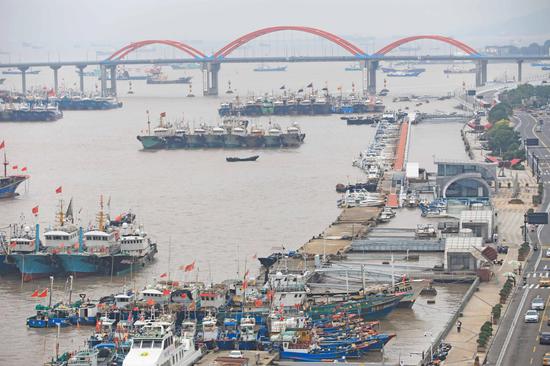






 京公网安备 11010202009201号
京公网安备 11010202009201号